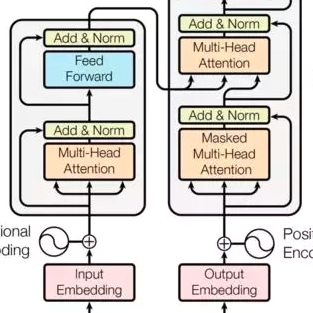Recent theoretical results show transformers cannot express sequential reasoning problems over long input lengths, intuitively because their computational depth is bounded. However, prior work treats the depth as a constant, leaving it unclear to what degree bounded depth may suffice for solving problems over short inputs, or how increasing the transformer's depth affects its expressive power. We address these questions by analyzing the expressive power of transformers whose depth can grow minimally with context length $n$. We show even highly uniform transformers with depth $\Theta(\log n)$ can express two important problems: recognizing regular languages, which captures state tracking abilities, and graph connectivity, which underlies multi-step reasoning. Notably, both of these problems cannot be expressed by fixed-depth transformers under standard complexity conjectures, demonstrating the expressivity benefit of growing depth. Moreover, our theory quantitatively predicts how depth must grow with input length to express these problems, showing that depth scaling is more efficient than scaling width or chain-of-thought steps. Empirically, we find our theoretical depth requirements for regular language recognition match the practical depth requirements of transformers remarkably well. Thus, our results clarify precisely how depth affects transformers' reasoning capabilities, providing potential practical insights for designing models that are better at sequential reasoning.
翻译:暂无翻译


